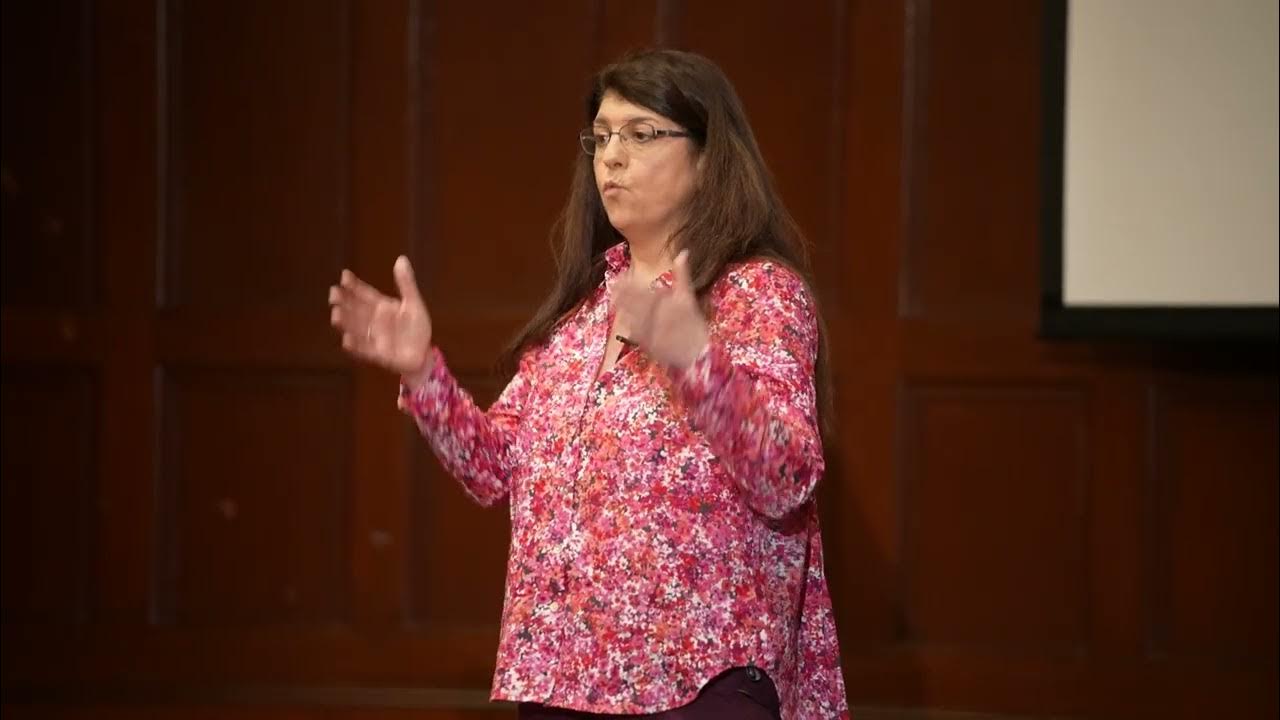What is Mindfulness?
Summary
TLDRThe transcript explores the concept of mindfulness, defining it as the intentional focus on the present moment without judgment. It emphasizes the importance of attention as a skill for navigating life's challenges and the tendency to dwell on the past or worry about the future. By practicing mindfulness, individuals can reclaim their lives, cultivate awareness, and develop healthier relationships with their thoughts and bodies. The discussion critiques traditional education for neglecting the training of awareness, suggesting that mindfulness offers essential tools for emotional balance and personal freedom, enabling a richer human experience.
Takeaways
- 😀 Mindfulness involves intentionally paying attention to the present moment without judgment.
- 😀 It is essential for navigating life and understanding our emotional reactions and thoughts.
- 😀 Many people spend excessive time worrying about the future or reminiscing about the past, neglecting the present.
- 😀 The present moment is the only time we can experience life, express love, and communicate effectively.
- 😀 Mindfulness is a way of being that allows us to reconnect with our bodies and emotions.
- 😀 There is a lack of training in awareness and attention in our educational systems, which focus heavily on thought.
- 😀 Overthinking can lead to insomnia, chronic anxiety, and depressive rumination.
- 😀 Mindfulness helps us embrace our thoughts and emotions, providing freedom to navigate life’s ups and downs.
- 😀 Many people avoid connecting with their bodies, limiting their overall human experience.
- 😀 Practicing mindfulness can enhance our relationships with ourselves and others, leading to greater fulfillment.
Q & A
What is the definition of mindfulness as described in the transcript?
-Mindfulness is defined as paying attention on purpose in the present moment, non-judging, and doing so as if your life depended on it.
Why is paying attention considered crucial for navigating life?
-Attention allows us to understand what is happening in our lives and helps us cultivate a wiser relationship with our experiences, rather than being controlled by emotional reactions.
What are the common distractions that prevent us from being present?
-People often preoccupy themselves with planning and worrying about the future or reminiscing about the past, which distracts them from experiencing the present moment.
How does mindfulness differ from traditional education in terms of mental training?
-Traditional education emphasizes thought and analysis, often neglecting the training of awareness, which is equally important for holistic understanding and well-being.
What happens when we try to suppress our thoughts, according to the speaker?
-Trying to suppress thoughts can lead to an increase in anxiety, difficulty sleeping, and a cycle of negative rumination.
How does mindfulness help individuals cope with their thoughts and feelings?
-Mindfulness embraces the actuality of our mind, heart, body, and our relationships, providing new degrees of freedom to navigate life's ups and downs.
What is the relationship between mindfulness and our own bodies?
-Mindfulness encourages a connection with our bodies, promoting awareness of bodily experiences rather than just a focus on thoughts.
What is one of the key benefits of cultivating mindfulness?
-Cultivating mindfulness allows us to reclaim our lives by bringing our attention back to the present moment, where we can fully experience love, emotion, and awareness.
Why do people often find it challenging to be mindful?
-Many individuals struggle to be mindful due to the overwhelming nature of their thoughts, which often dominate their mental space and lead to anxiety or depression.
How does the speaker suggest we can improve our mindfulness practice?
-The speaker suggests developing our capacity for awareness and attention, which can be achieved through various mindfulness techniques and practices.
Outlines

Cette section est réservée aux utilisateurs payants. Améliorez votre compte pour accéder à cette section.
Améliorer maintenantMindmap

Cette section est réservée aux utilisateurs payants. Améliorez votre compte pour accéder à cette section.
Améliorer maintenantKeywords

Cette section est réservée aux utilisateurs payants. Améliorez votre compte pour accéder à cette section.
Améliorer maintenantHighlights

Cette section est réservée aux utilisateurs payants. Améliorez votre compte pour accéder à cette section.
Améliorer maintenantTranscripts

Cette section est réservée aux utilisateurs payants. Améliorez votre compte pour accéder à cette section.
Améliorer maintenantVoir Plus de Vidéos Connexes
5.0 / 5 (0 votes)






